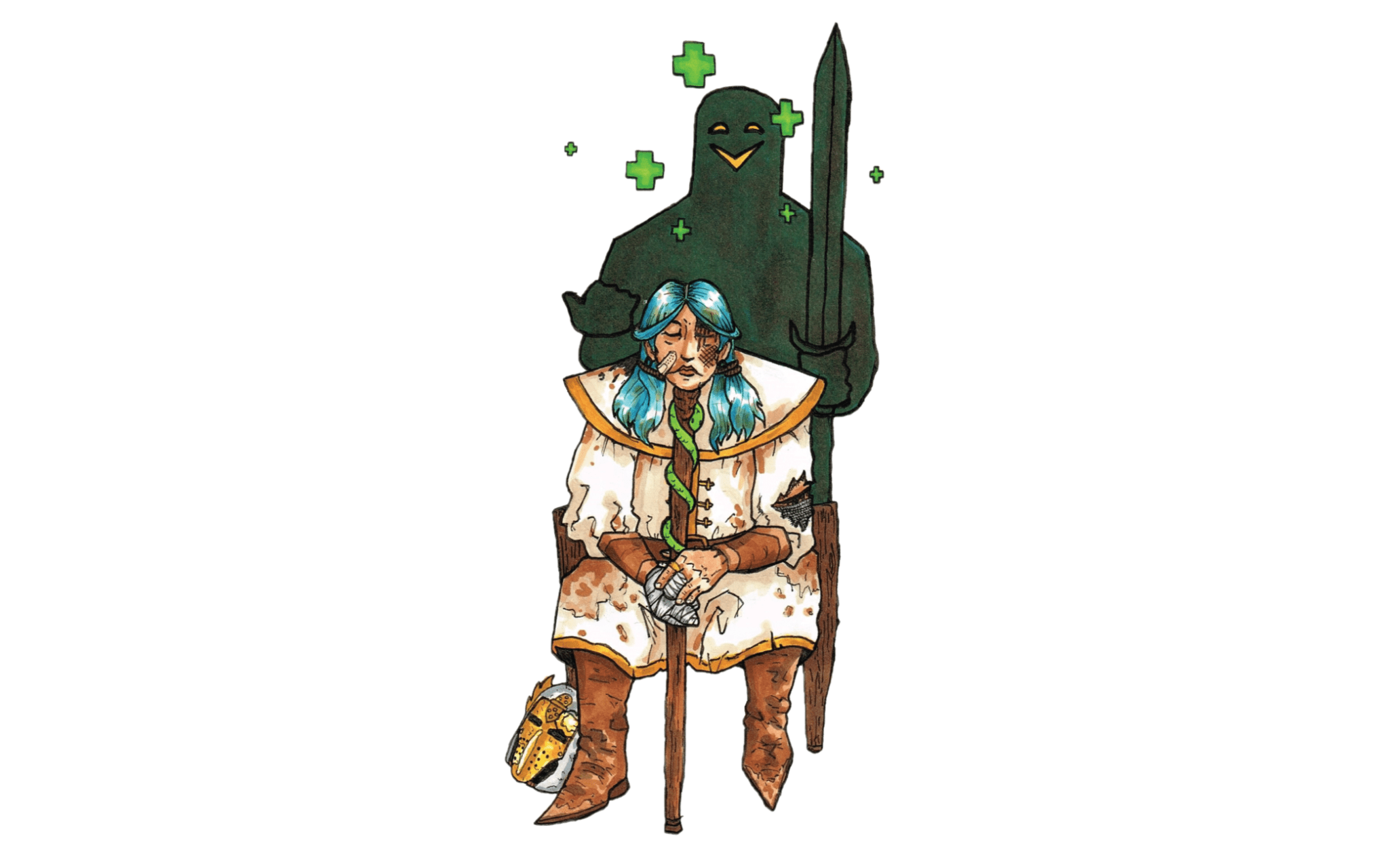Healers truly are the most downtrodden of the video game classes. The backbone of our dear virtual society, yet treated with disdain by so many. Every day, thousands of Mercy’s, and Lucio’s toil away to make sure damage can be done and tanking can be taken. Truly the unsung heroes of every match.
And yet they’re thanked with insults and disrespect. I say this as I weave through a number of online multiplayer games, passing out pamphlets to support classes asking them to unionise. “You have strength in numbers!” I say. But they do not listen. Their DPS (damage per second) and Tank masters are already shooing me away.
This has long been an observed phenomenon in online gaming. Healers are held to unreasonably high standards, blamed for the mistakes of others, and their input to victories not fully recognised. But why?
Well, there are many theories. Firstly, it’s much more difficult to perceptively quantify a healer’s contribution to a victory. While a DPS character might secure the final blow, a healer just … heals. An important role, but not flashy or, in many ways, active. Another, and to me quite convincing, reason is that of feminisation. For eons now, scholars within the field of gaming have observed a trend often dubbed “the feminisation of healing.” While DPS and tank roles are coded and read as masculine, the role of healer has long been considered feminine. This is due to the socialised expectation that feminine bodies are a source of nurturing and maternal care. Playing as a healer is often met with disrespect or dismissal, as players project their personal bigotry onto those who play them. But the treatment of support classes is just a fraction of what women experience in these spaces.
Healing isn’t the only thing that’s been consistently feminised, though. Magic has long been gated as a female art within many games. Hit Chinese fantasy-RPG Genshin Impact has a roster of magic users identified exclusively as women. Black Desert Online, on the other hand, gender locks certain classes so that when creating a custom character, users are only able to select certain classes if they choose the female customisation option. Many of these classes reflect the trends I’ve already discussed in this article. But magic is in many ways the same as healing (at least for the purposes of this discussion). Both have historically been considered female arts (often practised by the same person) and both lack a certain physical agency. Magic, and its results, is separate from the body of its user in a way that say a sword or bow and arrow could never be. Magic is feminised because it puts as much distance between women and the action of a gaming environment. It’s feminised for the very same reason that healing is.
These practices have become second nature to so many in the gaming industry. While games like Overwatch are making meaningful strides to make their rosters more inclusive and reflective, with classes having reasonably even gender compositions, the attitudes and perceptions remain the same. The disrespect, toxicity and harassment hurled at women in online gaming spaces are often transposed onto support players by association. So while the the technical dimension of gendered gaming is coming into line with modern demographics, we still have a while to go with the attitutdes of those who play them. So this is a call to arms for those of you are noble of spirit and kind of heart: the healers in your life deserve respect, and you should give it to them.





